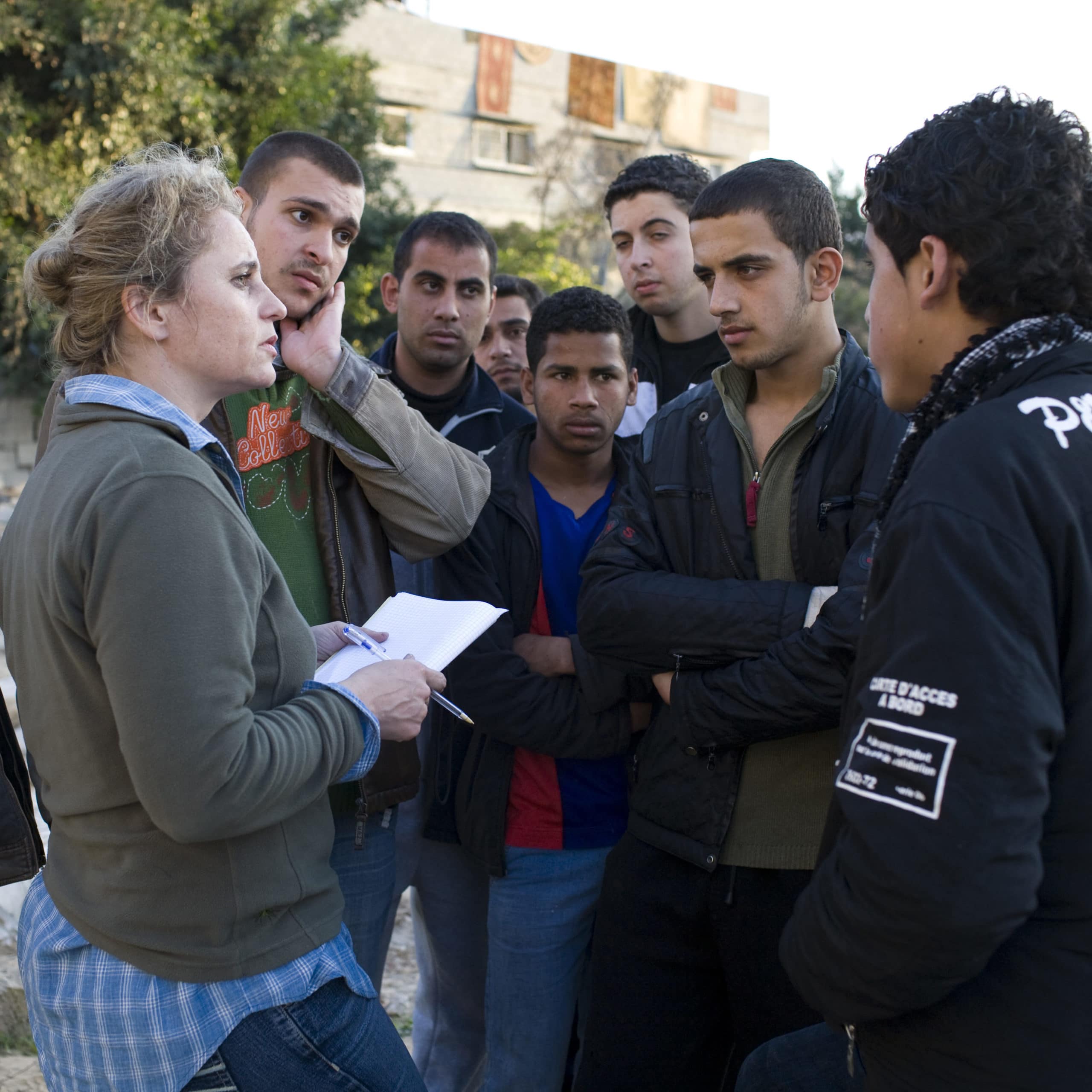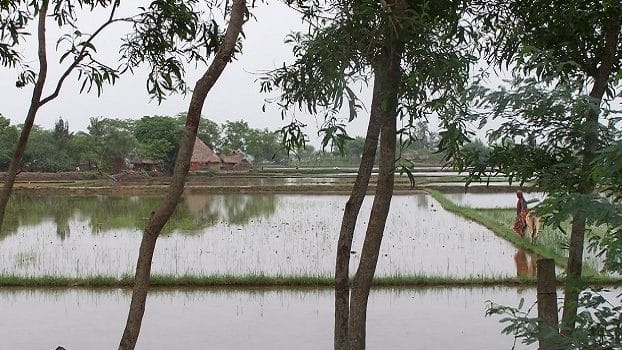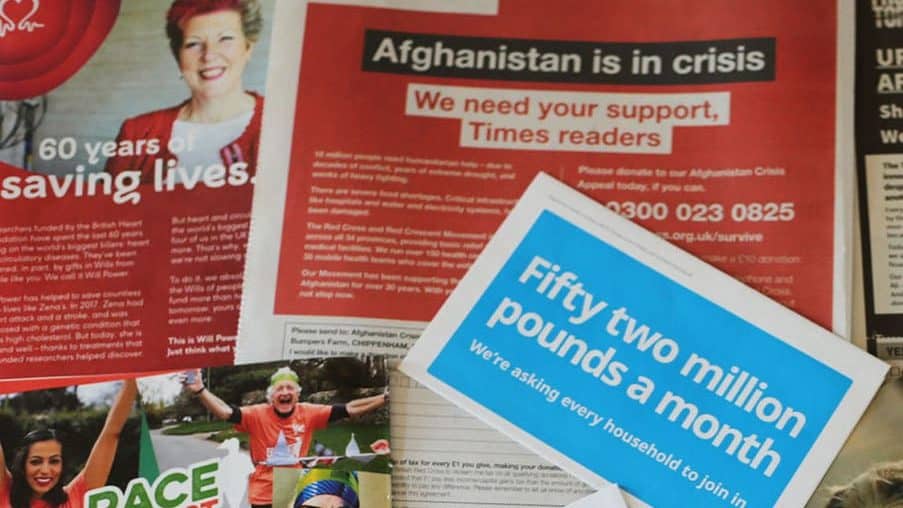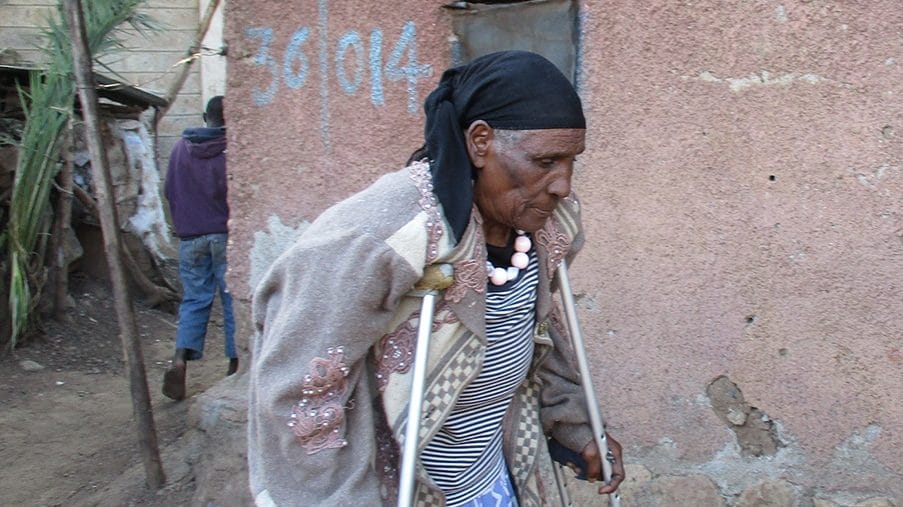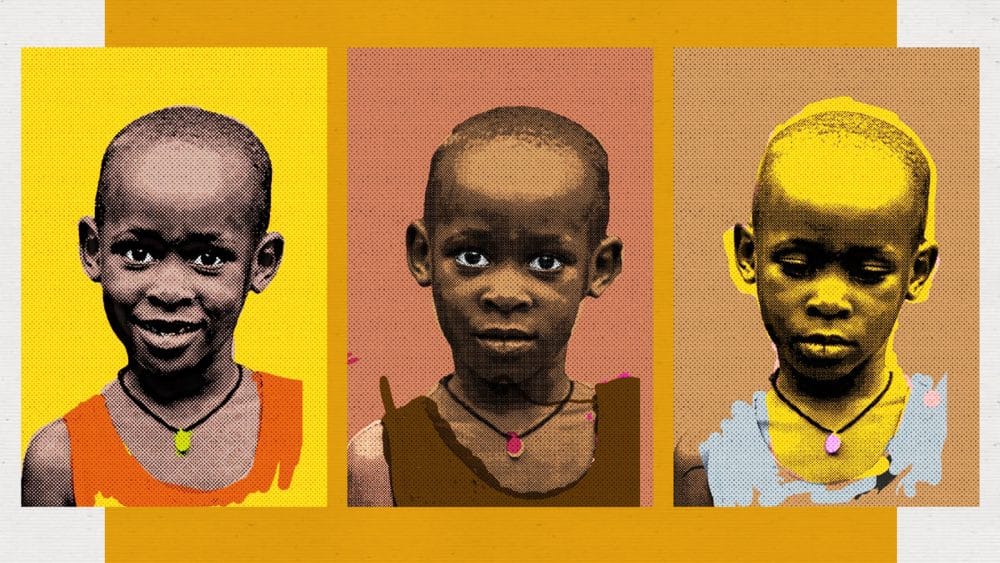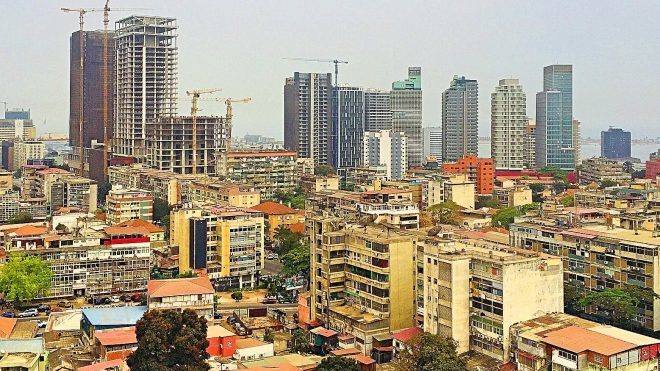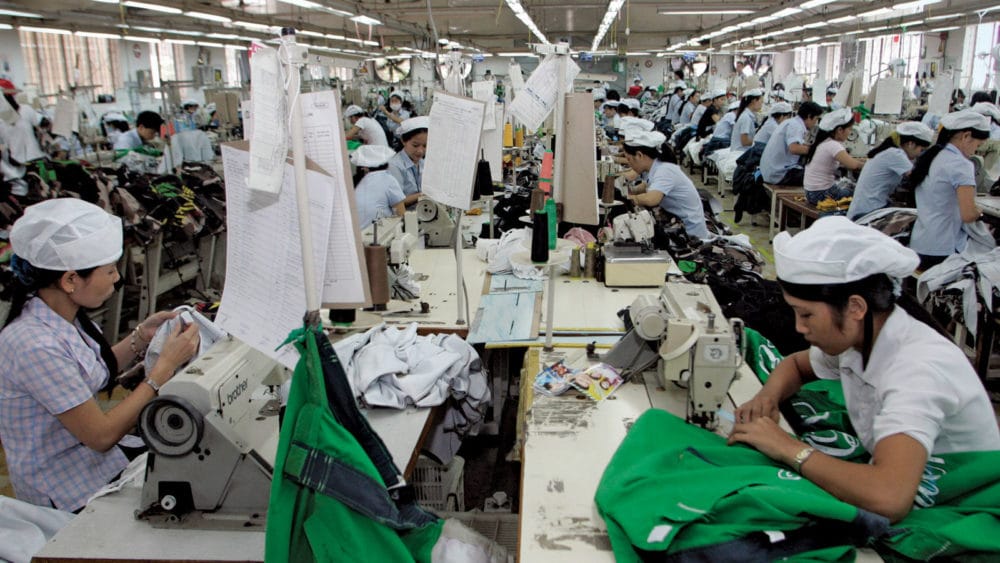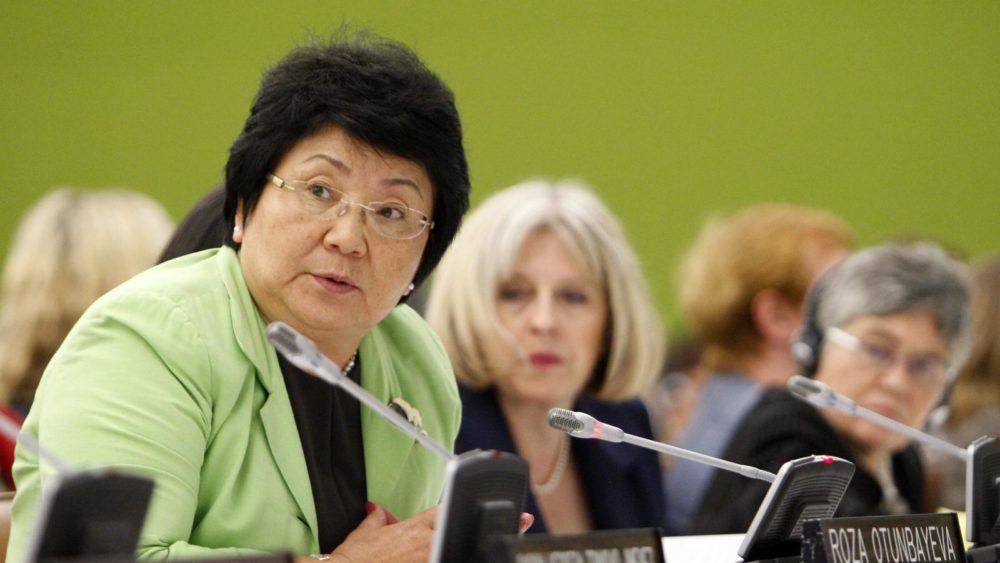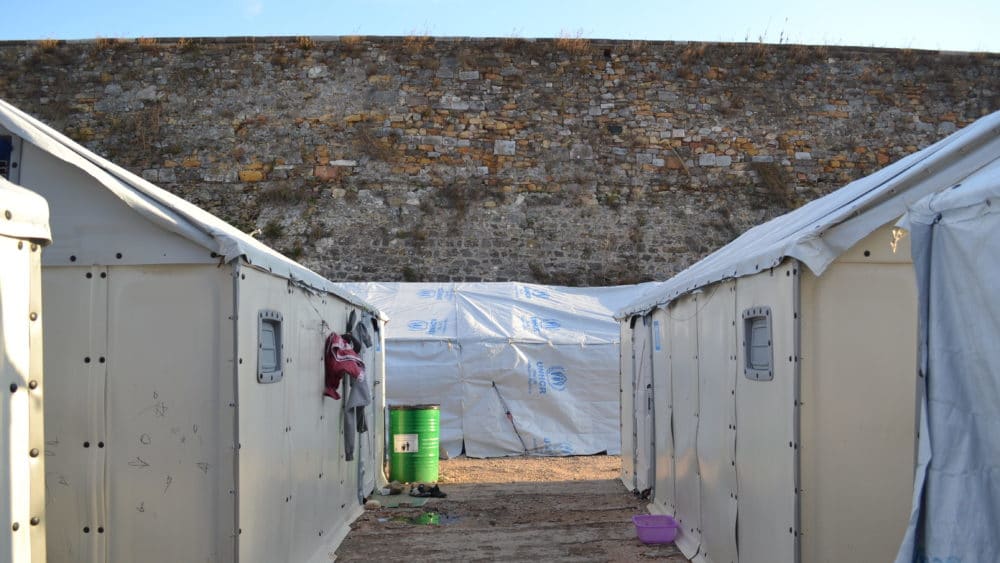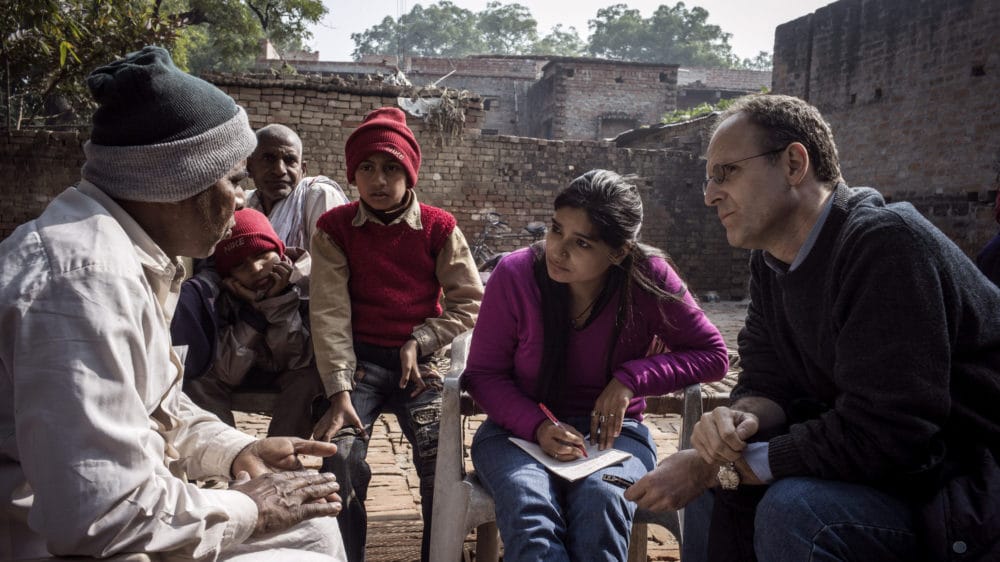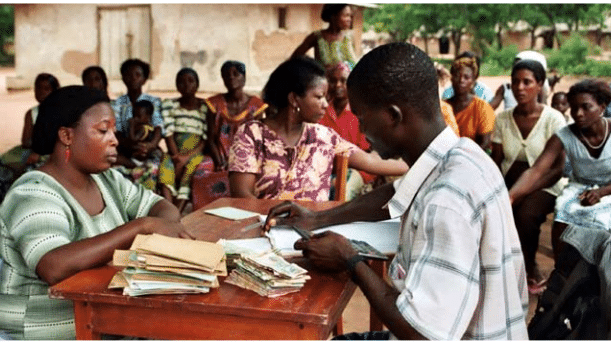(Image credit: Jason Larkin)
Record levels of humanitarian need around the world are growing larger each year – driven by the escalating effects of climate change, protracted conflicts and global pandemics. At the same time, news coverage of humanitarian crises – which is vital to enabling the international community to understand, respond to and avert such emergencies – is itself facing a growing economic crisis. In short, humanitarian news is in crisis, just when it is needed most.
For this reason, Dr Martin Scott (University of East Anglia), Dr Kate Wright (University of Edinburgh) and Dr Mel Bunce (City, University of London) have been studying the production, content and funding of humanitarian news, for the past five years – to help understand and improve its relevance, impact and economic sustainability. This research has involved multiple newsroom observations, surveys of aid workers and content analyses as well as interviews with approximately 200 journalists, news managers and media donors.
Their research has highlighted not only the precarious state of humanitarian news, but also the challenges and opportunities of different funding models and newsroom practices that might support it. This includes funding from governments and private foundations and the adoption of virtual newsrooms. Their work has won a range of prizes including the ICA Wolfgang Donsbach Outstanding Journal Article of the Year Award (2020).

